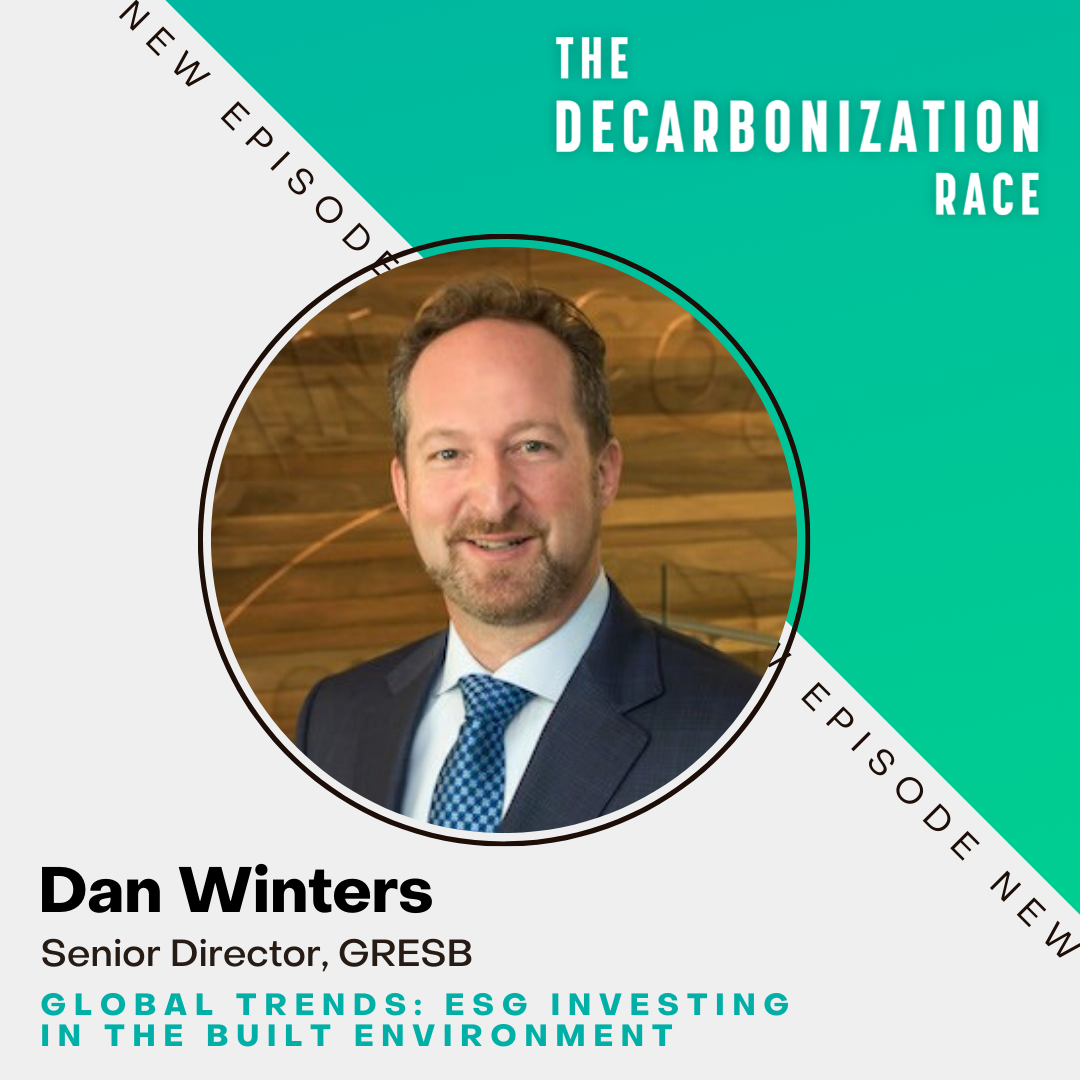
REC Management: When the Challenge is Allocation, Not Acquisition
The growth of markets and registries for Renewable Energy Certificates (REC) have enabled companies to book and claim large amounts of renewable energy (or simply the environmental attributes) in markets different than the ones they are operating in. For utilities and power producers, the creation and trading of RECs has created new challenges that requires […]
Read more









